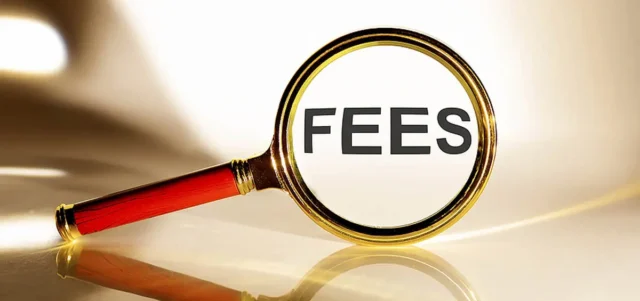
I’ve purchased my fair share of international calling cards in my time and thought I’d share my best tips for anyone looking to purchase an international calling card.
Have realistic expectations
When buying an international calling card these companies will purchase wholesale minutes from various carrier providers.
Many of these carriers offer good quality carrier lines but obviously won’t be as good as your primary telco provider.
Thinking that you will get the same level of quality as the big telco providers while paying sometimes up to 90% less is a little unrealistic.
Personally, I’ve found that in most cases sound audio quality tends to be the same, very good in most cases but you will occasionally run into technical issues, things like:
- Calls dropping
- Cross lines
- Being charged even if your call is not connected
If you do run into anything like this then contact your phone card provider to see if they can fix it or offer a refund, in 99% of cases (if you are dealing with a reputable service) they will be able to fix any issues that arise quickly.
Only buy from calling card retailers

There are two places where you can purchase international calling cards:
- General retailers (supermarkets, newsagents, etc.)
- Call card services
My advice is to avoid buying international calling cards from general retailers simply because they will often times not know which card is best for your specific needs, they will typically only know what the price of the card is but may not know the billing increments, whether or not the calling card has hidden fees or even when the phone card is due to expire.
JT, phonecardchoice.com.
You may be thinking that all international phone cards are the same and that you should just go with the cheapest rates, right? This is the worst strategy but it is the most common mistake.
Calling card providers know that consumers are only going to look at the per minute rate and ignore hidden fees and billing increments, etc.
When purchasing from a retailer that specializes in selling international calling cards you will not only be able to get the correct information but you will also be asked questions that you may not have thought of to help you find the best phone card for your needs.
Do the numbers
In the previous tip, I mentioned that one of the key metrics to consider is the billing increment, the billing increment is how often you are actually charged.
For example, you may have a calling card that charges you 10 cents per minute but charges you every 15 minutes which means you will be paying $1.50 every 15 minutes.
So what? The numbers are the same, right? If your call only lasts for 1 minute then you will still be charged the $1.50 because the billing increment is when you are charged.
If you want to only pay 10 cents per min then you need to find a calling card that has a billing increment of 1 min.
Ideally, any calling card with a billing increment of 1-3 minutes is fine.
Look for special fees

One of the problems with the international calling card industry is that they work to thin margins. Since the entire industry is about giving the consumer the lowest possible rates they then need to offer that promise while still keeping their heads above financial water.
One of the ways you do this in business is to offer upsells, add-ons, subscriptions, etc. and the calling card industry has come up with some interesting ways to claw back any lost money through things like hidden fees, connection fees, long billing increments, daily service charges, etc.
Out of all of the ways to regain lost money is the daily service charge otherwise known as the maintenance fee.
This is the special fee that is deducted from your credit balance the moment you activate the card and continues to happen at regular intervals (daily, weekly, monthly) until your card has a zero balance.
This means that you could purchase an international calling card, activate it and given enough time the card would go to zero due to fees without you ever having used the phone card to make a phone call!
Less than reputable calling card services will offer you incredibly low per-minute rates with one hand and then make you pay through the nose with additional hidden fees with the other.
If you are buying from a general store make sure you read the calling card information back to front and then read it all again scanning for special fees.
If you are dealing with a reputable phone card provider then all you need to do is ask them if their phone cards come with hidden fees like daily service charges or maintenance fees.
My advice here is to avoid any phone cards that come with daily service fees.
Talk to the customer service team
My number one piece of advice for anyone looking to buy a calling card is to find a calling card company and connect with their customer service team, this cuts down all of the potential headaches that may arise.
This means that you can ask them questions and get straightforward answers, and you can work together to find the best international calling card for your specific needs.

Conclusion
Be realistic:
Understand that it’s impossible for a company to offer 50-90% discounts while still offering you the same level and quality of service as the big telcos. You should be able to get satisfactory audio without any call drops or tech issues BUT understand that these do happen from time to time.
Only buy from calling card specialist retailers:
this allows you to reduce technical headaches while ensuring you find the best international calling card for your needs.
Due diligence:
Never buy an international calling card simply because it offers the lowest per min calling rate, chances are you will be paying in other ways.
Talk to the customer service team:
If possible, find a company that allows you to speak to the customer support team, this will give you an idea of their professionalism as well as finding the best international calling card for you.









